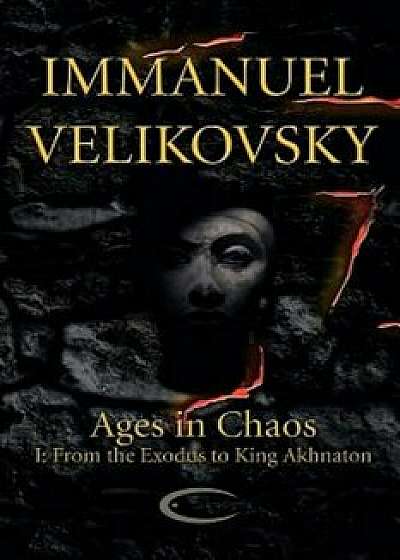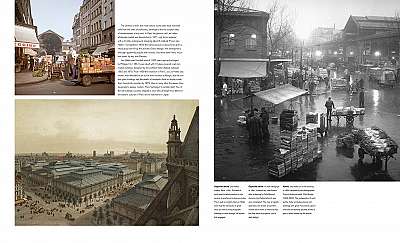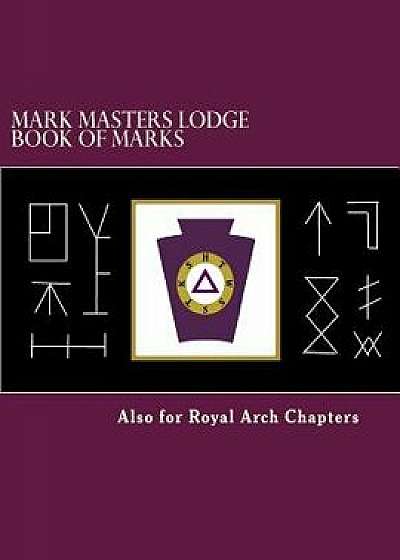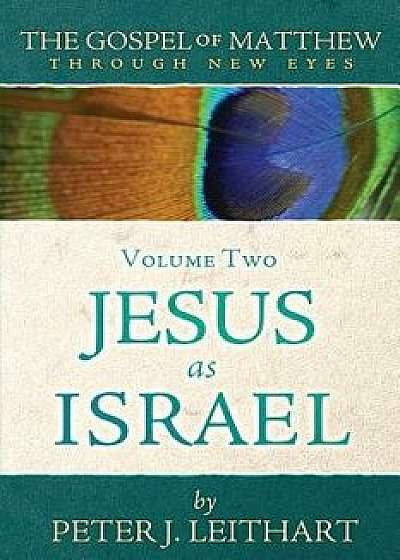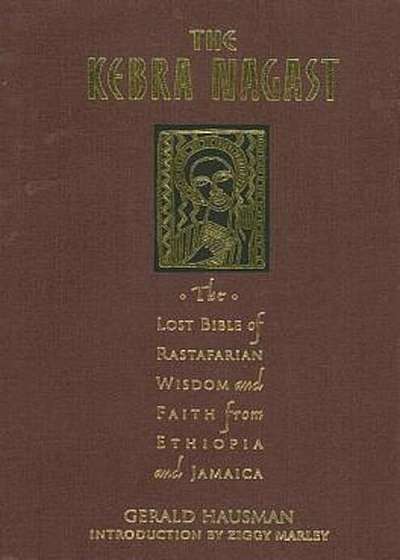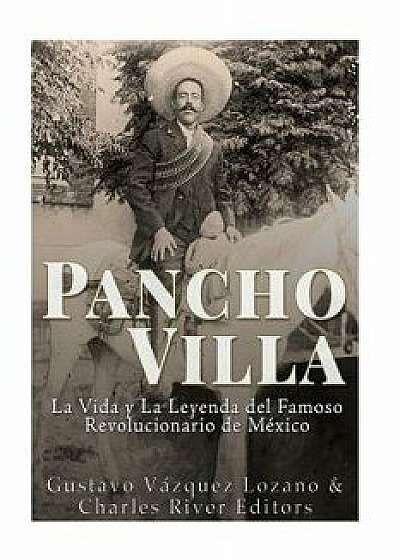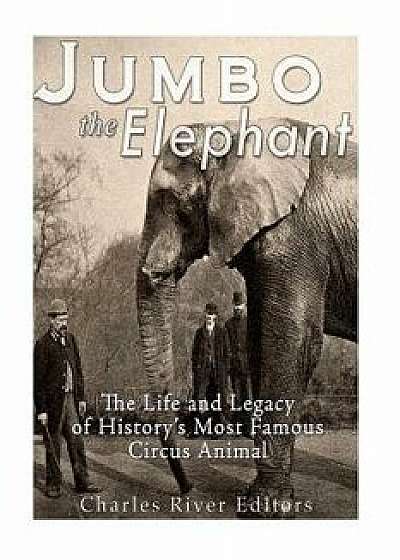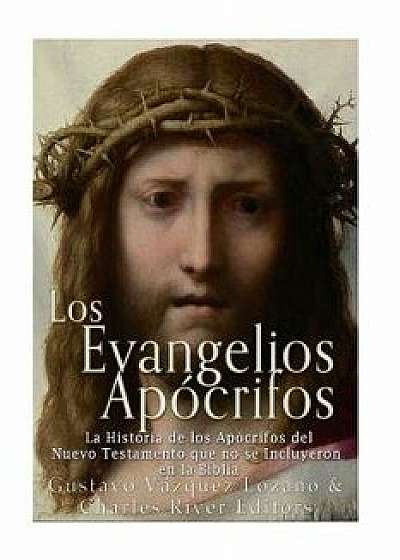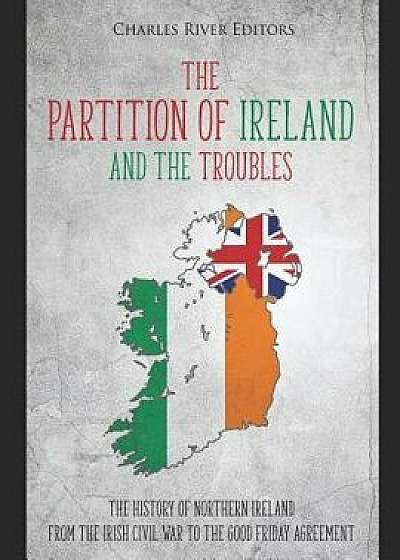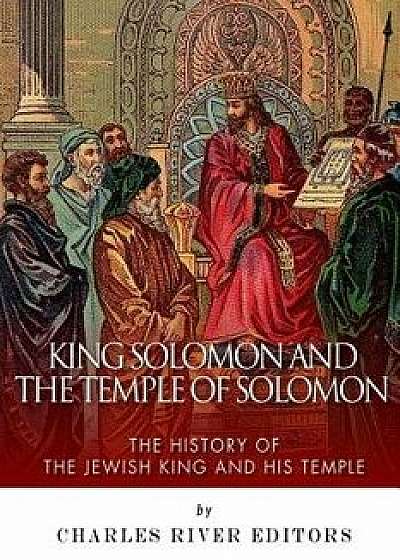
King Solomon and Temple of Solomon: The History of the Jewish King and His Temple, Paperback/Charles River Editors
Descriere
Description Includes pictures Discusses the debate and theories over the historical and religious nature of King Solomon's life, and the construction and operation of the temple Compares the Bible to the historical record to trace the roots of Solomon's reign and temple Includes a bibliography for further reading King Solomon is one of the most famous men in the Bible, but also one of the most elusive historical figures. He is credited with supervising the construction of the first Temple in Jerusalem, and excavations and archaeologists continue to dig in an effort to find it in places that are now religiously sensitive for Christians, Jews, and Muslims. Information about King Solomon comes almost exclusively from the book of Kings, occasionally supplemented by additional material found in the book of Chronicles. This is problematic for several reasons. First, the book of Kings does not simply record the actions of the king and the details of his reign for posterity; the author weaves a narrative that is often more concerned about making theological points rather than recording historical details. Moreover, the first edition of this book was written in the 6th century B. C. at the earliest, about four centuries after King Solomon would have lived, by an editor given the title of Deuteronomistic Historian. It is likely that this editor relied upon some type of royal "court history" as a source document. The temptation with a figure like Solomon can be to go to one of two extremes. Some readers may want to look at Solomon only as a historical figure without acknowledging the literary elements that play a big role in his life story. Other readers may find themselves at the other extreme and view Solomon entirely as a literary figure, dismissing any historicity at all from his story. Given how important he is as a religious figure, it's necessary to keep in mind both the literary and historical elements of the monarch's story. There was not any one entity more central to
